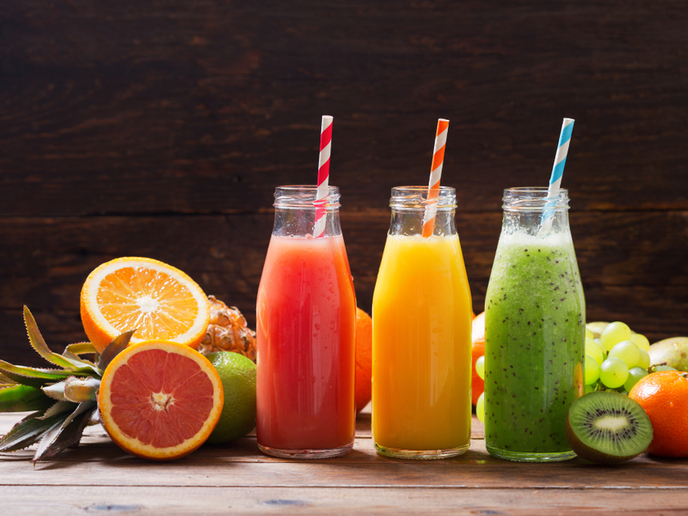Using ultrasound for healthier, longer-lasting juices and smoothies
Maintaining good nutrition and health is becoming increasingly important for modern consumers who expect the foods and beverages they purchase to be fresh, safe and healthy. However, the conventional methods used to preserve foods can diminish their nutritional quality. Seeking to address this challenge, food scientists are making use of another alternative: ultrasound technology. “The most common food preservation technique is pasteurisation which, while being effective, uses high temperatures meaning it affects quality,” states Dr Adilia Lemos of Abertay University in an article posted on ‘The Scotsman’ website. “Ultrasound technology, on the other hand, does not,” she goes on to explain. “In this case it may mean that we are able to produce healthier fruit juice and smoothies.”
How ultrasound technology benefits food
Abertay University is a partner in the EU-funded SHEALTHY project that aims to produce minimally processed fruits, vegetables, fruit juices and smoothies that are safer and have a higher nutritional value. As part of SHEALTHY, the university has now procured a state-of-the-art ultrasound machine that will help to improve the quality and shelf life of fruit juices and smoothies. “The ultrasound device has been produced by Hielscher, one of the world leaders in that field, and we are very excited to have access to it on campus,” remarks Dr Lemos, who describes the machine as “very efficient”. According to the article, there’s no other device of this kind in Scotland. The ultrasound machine is also able to extract bioactive compounds from orange peel, apple pomace and the like, in this way helping to reduce and reutilise food waste. “The machine is very efficient, and we hope the findings of our research will have a significant and positive impact on shoppers in the near future,” comments Dr Lemos. SHEALTHY is focusing on assessing and developing non-thermal technologies from a sustainable perspective. The great expense of such complex processing technologies normally puts them out of the reach of smaller companies. Now, SHEALTHY is making it possible for microenterprises and SMEs to implement these technologies. This will allow them to become more competitive and develop new cooperative business models. Dr Lemos states: “Abertay’s involvement in this international project demonstrates the quality of work and research conducted by our Food scientists and our contribution to the industry, and we believe that it has the potential to make a genuine impact on the quality of food we eat.” Led by innovation and research consulting firm Enco, the SHEALTHY (Non-Thermal physical technologies to preserve fresh and minimally processed fruit and vegetables) project involves 21 partners from all over Europe. The 4-year project ends in April 2023. For more information, please see: SHEALTHY project website
Keywords
SHEALTHY, ultrasound, food, fruit, juice, smoothie, shelf life



